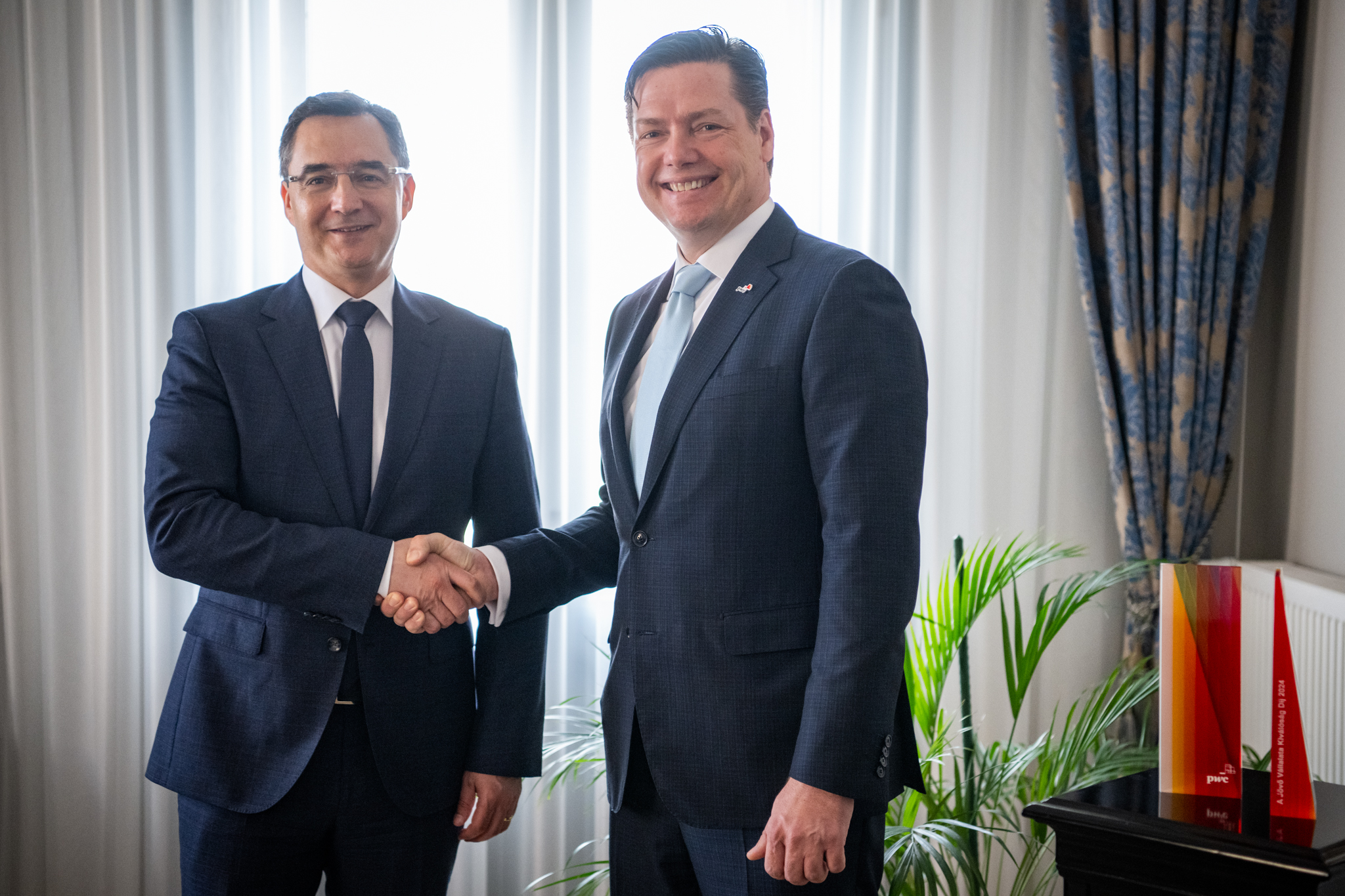Sisters are Doin’ it for Each Other

In honor of International Women’s Day (March 8), the Budapest Business Journal spoke to three women entrepreneurs about their experiences.
Though there has been much progress, the problems of glass ceilings and equal pay are likely to stay with us for some time. On a brighter note, you don’t need to be limited to a corporate environment to find success. All our interviewees actually left the company they worked for as leaders to launched their own business.

Mónika Kiss
Mónika Kiss, capital market analyst, advisor, formerly head of research at Equilor investment fund, now works as an independent financial advisor and writes a blog to make financial matters comprehensible for women.
I left Equilor last March; I loved working there, but we went into different directions. I had some savings and knew I could earn enough from trading, so I started my freelancing career a year ago.
Sabbaticals are hardly a practice in Hungary but I was finally having time to do a lot of things I didn’t have time for years. One is financial self-care, another is financial well-being for women over 40.
I started to write posts for the finance section of “Anyapara”, a blog aimed at women and mothers. The topics are general problems explained and broken down in such a way that people unfamiliar in the field of finances can understand it. [Editor’s note: In her post on how to choose investment funds, Kiss uses a simile involving exes: “You don’t pick your future partner based on the performance of your ex. So you shouldn’t choose an investment fund based on its previous performance either.”]
The trickiest part is to maintain professionality while explaining in a way everyone understands it. Our first podcast was also about busting the myths surrounding financial matters.
I have been longing to do this for decades, ever since I entered the bank in Prague (my first workplace) where only a handful of women worked. Things have changed a great deal since then but women’s approach to finances hasn’t. Though women are breadwinners, too, in most households, it is the men who decide on financial matters, at least in the region and in Hungary.
Also, I have such a strong female social network, women I could rely on throughout the years, that I wanted to give back some of this.”

Andrea Pánczél
Andrea Pánczél, reporter, head of news at TV2, spokesperson for MOL and GDF-Suez and organizer of the Budapest Energy Summit, the largest energy conference in the region, launched an organization for women working in the energy industry in the region.
Having worked in the energy industry for almost ten years, I attended many events, conferences, etc. where many critical decisions are taken. I believe women should be involved in them too, but there are only few who are.
When I organized my first energy conference, the Budapest Energy Summit in 2016, I had a hard time finding female speakers and the audience was also mostly comprised of men. I knew some really talented, charismatic women in the industry, but they were not visible.
It was this that gave me the idea of coming up with an association, Women in Energy (WONY), which aims to promote women to get into leadership positions and young women to embark on a career in energy.
Beyond many aspects, such as sustainability, the ratio of women in a company is a consideration that contributes a great deal to how a company is perceived. It also makes business sense, as boards with a balanced male-female ratio are more profitable.
WONY was launched in 2017. In parallel with the kick-off, the association carried out research with Boston Consulting Group into women’s situation in the energy industry in the region, something that has never been done before. Our aim was to find out where we are plateauing, where we start off from and also to see how far we will have gone when we look back in five years’ time.
The findings were shown at the first ever Women in Energy Conference last December, where leading women in energy from nine countries were invited to share their experiences.
The third project was to launch an energy mentoring program aimed at undergraduate girls. The organization counts 70 members from eight countries by now, and seven mentored girls. We have found a niche with the association, which is why it has gained popularity.”

Ivett Szemrád
Ivett Szemrád, with a background in the printing industry, launched women fashion business, Zenda a year ago and has managed to build a big community of followers and clients on social media. She has several cooperations with firms such as Deichmann, and is about to start a road show to share her business experience with other women.
Following 16 years in leadership positions in printing houses, I had burnout. A friend bought me a session with a career coach as a gift. I never really had any hobbies; I can’t bake, I work out to look good not because I like it. So she asked what I like to spend time with? Shopping for clothes, I said. So why not open a boutique?
I saved money at my last place, resigned in the summer and launched the boutique in September 2017. The target group is 30-something mothers, simply because I couldn’t find a shop where I could buy pretty and comfortable clothes. So the basic idea was to fill that niche. The style was what I found nice.
I built the physical and the online shop/platform in parallel. I created a closed group on Facebook only for women, as they tend to open up, ask and chat more freely this way than when their husbands or neighbors can see them.
The group has grown organically quite rapidly; it now counts 5,000 members: women with degrees, lawyers, physicians, high-level businesswomen. The clothes sell out fast: every week I upload photos of each piece I wear.
People tend to overthink the launch of an enterprise. I believe if you are resourceful, you can do a lot. Initially, I asked friends to take photos of me or take care of the online marketing. Now I have a stylist/shop assistant and a full-time online marketing specialist.
SUPPORT THE BUDAPEST BUSINESS JOURNAL
Producing journalism that is worthy of the name is a costly business. For 27 years, the publishers, editors and reporters of the Budapest Business Journal have striven to bring you business news that works, information that you can trust, that is factual, accurate and presented without fear or favor.
Newspaper organizations across the globe have struggled to find a business model that allows them to continue to excel, without compromising their ability to perform. Most recently, some have experimented with the idea of involving their most important stakeholders, their readers.
We would like to offer that same opportunity to our readers. We would like to invite you to help us deliver the quality business journalism you require. Hit our Support the BBJ button and you can choose the how much and how often you send us your contributions.









